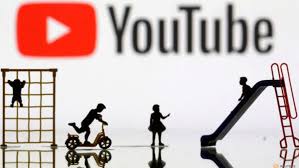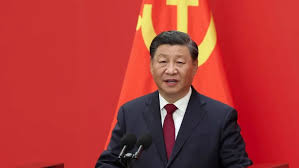Australia has announced that YouTube will now be included in its upcoming ban on social media use for teenagers under the age of 16, reversing a previous decision to exempt the popular video-sharing platform.
The move follows a recommendation by the country’s internet regulator, which pointed to a survey showing that 37% of minor’s encountered harmful content on YouTube the highest of any platform surveyed.
“I’m calling time on it,” said Prime Minister Anthony Albanese, noting that online platforms are negatively affecting Australian children and must take responsibility for the content they host.
The ban, set to take effect in December 2025, aims to protect children from online harms such as inappropriate content, algorithm-driven recommendations, and misinformation. It will now apply to platforms like YouTube, Facebook, Instagram, Snapchat, and TikTok.
Under the new law, children under 16 will no longer be allowed to create accounts on these platforms. However, teachers and parents will still be allowed to access content on YouTube to share educational material with children.
YouTube had previously argued it should not be considered a social media platform because it primarily serves as a video library, with growing use on television screens. But critics including other platforms covered by the ban say YouTube functions similarly to social media by recommending content and allowing user interaction.
Communications Minister Anika Wells said the government would not be intimidated by legal threats.
“This is a genuine fight for the well-being of Australian kids,” she told Parliament, following reports that YouTube may consider challenging the new rules in court.
In 2021, YouTube’s parent company, Alphabet, threatened to withdraw Google services from Australia when it faced a separate law requiring payment to news publishers. The current reversal may renew tensions between the tech giant and the government.
The law passed in November 2024 requires platforms to take “reasonable steps” to block underage users or face fines of up to A$49.5 million (about KSh 4.5 billion). The government is expected to review a report this month on age-verification technologies, which will shape how the ban is enforced.
Supporters of the move including the Australian Primary Principals Association and cybersecurity experts say the new rules are a crucial step in protecting children from manipulation, harmful trends, and AI-driven misinformation.
“It’s time to push back against big tech and put children’s safety first,” said Adam Marre, Chief Information Security Officer at Arctic Wolf, a cyber-security firm.



